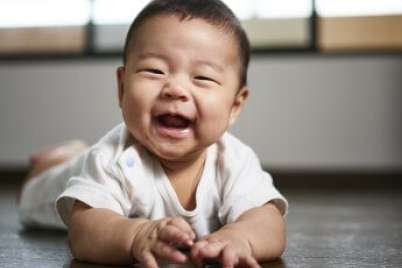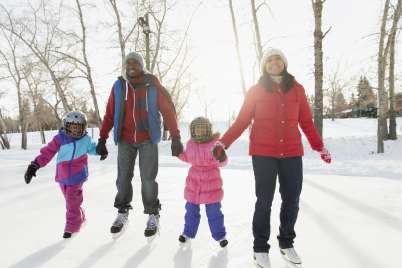
How to get kids ready for school before September
The early years: exciting, joyful, playful, exhausting!
An intense learning curve for both children and parents. From birth you celebrate as your children achieve developmental milestones: physically, cognitively, socially, and emotionally.
All too soon you start thinking about what your children need to be ready for school. Certainly, they need to have a good vocabulary, know their letters and numbers, be able to hold a pencil and use a pair of scissors. So you have talked, read, coloured, cut, pasted, and counted with your children.
But what else do children need to be able to adapt to a busy classroom filled with other children?
The developmental milestones that your children have achieved in the first years of life are the core of what will help them to be successful in school. Scientists refer to these combined skills as “executive function.”
So what can you do to help your children begin to develop these skills in the early years to better prepare them for school? Young children learn best through joyful, active, exciting, physical play with others.
Through active play, children prepare themselves to be successful learners in school.
What is your role as parents in this play?
- Ensure that your children have many opportunities to play with others in a variety of places. Arrange play dates, attend library and recreation programs, seek out indoor play spaces in poor weather, and spend time in all weather in parks and nature areas where there are other children.
- Keep your children only as safe as necessary, not as safe as possible. Certainly, check the play area for hazards such as broken glass or sharp metal and remove them. Then allow your children the freedom to roam, climb, jump, explore.
- Teach your children how to be safe when using tools or when playing around natural elements such as water or ice, and in all weather. Then give them room to become confident in their abilities.
- Give children time to solve a problem or to sort out their differences. Step in only when it is apparent that they can’t solve the problem themselves.
Getting ready for school really is just child’s play.
Continue the playful activities of reading, singing, puzzles, and number games. Count the flowers on a nature walk; read the labels in the grocery store. Encourage your children to learn through play, especially with other children.
When you support the development of executive functioning through active child-led play, you can rest assured that your children will be happy, healthy, and ready for school!






This is awesome! I would like to submit an article about the connection of executive functioning to mindfulness in early childhood.